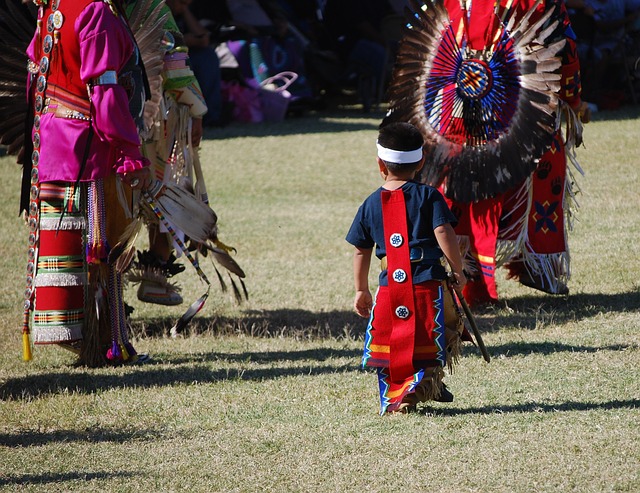
If you’ve ever cracked a U.S. history book, then you know that the treatment of First Nations Tribes in this country doesn’t constitute our nation’s proudest moments. Yet slowly, strides are being made towards reparations and recognition of the unique rights of Native Americans. This most recent law, giving tribal members access to certain CPS records that pertain to tribal children, is one such step in the right direction.
What prompted this law in the first place?
When State Senator Judy Emmons met with tribal leaders, members of legislation, and the governor last year at the annual State-Tribal Summit, one of the issues raised was that of tribal children. How can the tribe help them, if they don’t know what’s going on? How can tribal families be involved in the care of tribal children, if they are kept in the dark about what’s going on in their lives? Senator Emmons had a solution.
What is Michigan’s current CPS documents law?
Currently under Michigan law, any documentation, reports, transcripts and photographs that are filed with the Department of Health and Human Services, are confidential. They are only to be accessed by specific people, including CPS workers, police officers and prosecutors involved in cases. The new law, however, will change that!
What exactly does the new law do?
The legislation, initially introduced by Senator Emmons, amends the Child Protection Law to require certain confidential records of tribal children be made available to a tribal representative. That could include an agency acting on the child’s behalf, or on behalf of the child’s parents or guardian.
In essence, the new law will expand the list of people and entities who are allowed access to these confidential documents. The expanded list now includes a tribal representative, agency, or organization, authorized by the Indian child’s tribe, to care for, diagnose, treat, review, evaluate, or monitor active efforts regarding an Indian child, parent, or Indian custodian.
Has the change been well received by Michigan’s tribal leaders?
Yes it has! Before the bill was passed, many people testified in favor of allowing tribal representatives have access to CPS records. This includes the United Tribes of Michigan, the Sault Ste. Marie Tribe of Chippewa Indians; the Little River Band of Ottawa Indians; the Nottawaseppi Huron Band of the Potawatomi, and the Saginaw Chippewa Indian Tribe.
But tribal leaders and representatives weren’t the only ones in favor. The legislation change was also supported by the Department of Health and Human Services and the Michigan Judges Association.
This law will help Michigan’s tribal families care for their children
As Senator Emmons said, “With (Child Protective Services), the goal is to protect our children, and anything that’s private should not be exposed to someone who should not have access to that information. This legislation really streamlines the accessibility for those with children of people who are tribal members.” The legislation will be enacted in 90 days.
